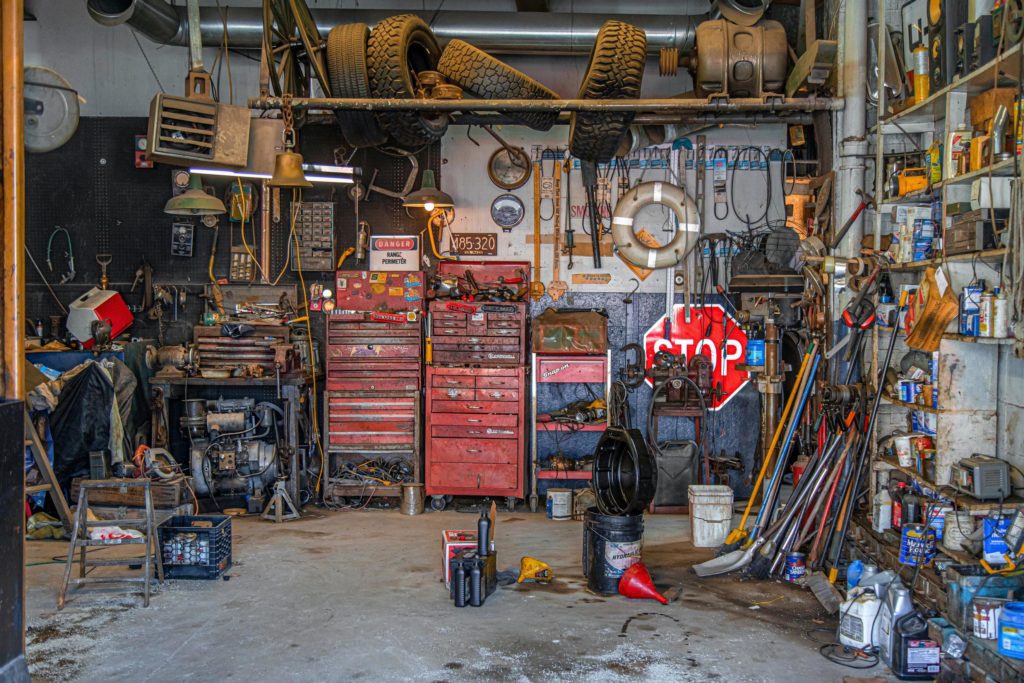How to Make Your First Shop Hire
Published

You started off installing coil overs in your driveway. Then you started doing maintenance for your friends. You opened your own shop, not knowing what would happen next. You ended up making happy customers. Now, the number of happy customers is increasing, and your schedule is full. You’ve reached the point where the only way to keep your shop growing and successful is to hire some help.
There are three key decisions to make when planning your first shop hire.
1) Role
2) Experience level
3) Candidate source
Role
Depending on what kind of shop you run, you spend your time doing a number of different things. You could deal with lots of suppliers, spend your breaks posting on Instagram, or stack your schedule with customer jobs.
Identify where you need the most help. Is the job you’re doing for customers very simple, and you can quickly train another pair of hands? Or do you need to free yourself up from the administrative side so you can dedicate all your time to working on cars?
Your priorities for your first hire will depend on how valuable your individual work product is. Bolt-on and bolt-off modifications can typically by handled by an experienced mechanic, but custom fabrication and paintwork will require your talent.
If your talent is needed in the workshop, hire someone to handle your administrative work. Let them handle customer inquiries, scheduling, invoicing, and accounting.
If your work isn’t so technically unique, hire someone for the workshop. This will free you up to continue building the business and interacting with customers.
Experience level
After deciding what role you’re hiring, look to define ideal experience level.
Though experience is a sliding scale, I’m going to break experience level into two categories: senior and junior. Senior candidates have experience in administrative work or hands-on automotive work. Junior candidates will require more training to understand your business – usually an apprentice. Both categories come with different risks and potential.
Senior hires are valuable because they require less training, are generally more mature, and will probably start making you money and growing the business faster.
Senior hires are riskier because they will bring their own company culture and working practices with them, are less likely to adapt to your ways of working and will command higher pay.
Junior hires are valuable because they are energetic, generally have a higher willingness to learn, and will represent a lower financial investment for you. You have more potential for a high return on investment.
Junior hires are risky because they require training that will take up your time, their priorities may switch to another career path, and they may be less interested in committing to a small company.
These are just some examples of the risks and potential value you should consider for each category of experience level.
Ultimately, you will have to decide which sort of risks and rewards you’d rather take. There is no perfect formula for hiring. We recommend developing a strong hiring and interview process from your very first employee to establish criteria and streamline future hiring decisions. Take a look at our article on How to Hire for Growth.
Candidate sourcing
Do you have a strong network that can refer candidates to you? Or must you look to recruiters and job boards?
If you trust people in your circles, look for referrals first. Your best candidates are people who come with certified trust from your network. Post on social media and talk to your network to solicit referrals.
Referrals should still go through your full interview and hiring process. Be sure they have the right potential you want for your business. Don’t compromise in either role fit or experience level.
If you cannot find a solid candidate through referral, look to job boards. Craigslist (or GumTree), Indeed, Monster, and LinkedIn will all collect good candidates. If it makes sense, post the position on SEMA’s job boards as well. There are also several automotive-specific job boards (autojobs.com, autojobcentral.com, autocare.org) which you can use. Be sure you write an accurate, detailed job description.
If you’re looking for someone really specialized, consider going through a recruiting firm. Their fees will range from a flat charge of $1,000 per hired candidate to up to 20% of your candidate’s salary. While you don’t pay unless you make a hire, this route can get costly. I recommend reserving this option for highly specialized candidates.
In Conclusion
Take the time to think through these three steps of hiring before you take the plunge. Finding the right person to fit your shop is the first step to new levels of exponential growth.
Driven Performance Advisors is happy to assist our clients with the talent search and hiring process. Whether looking for your first hire or your 30th, we’re here to help. Email arun@drivenperformanceadvisors.com for more information.
